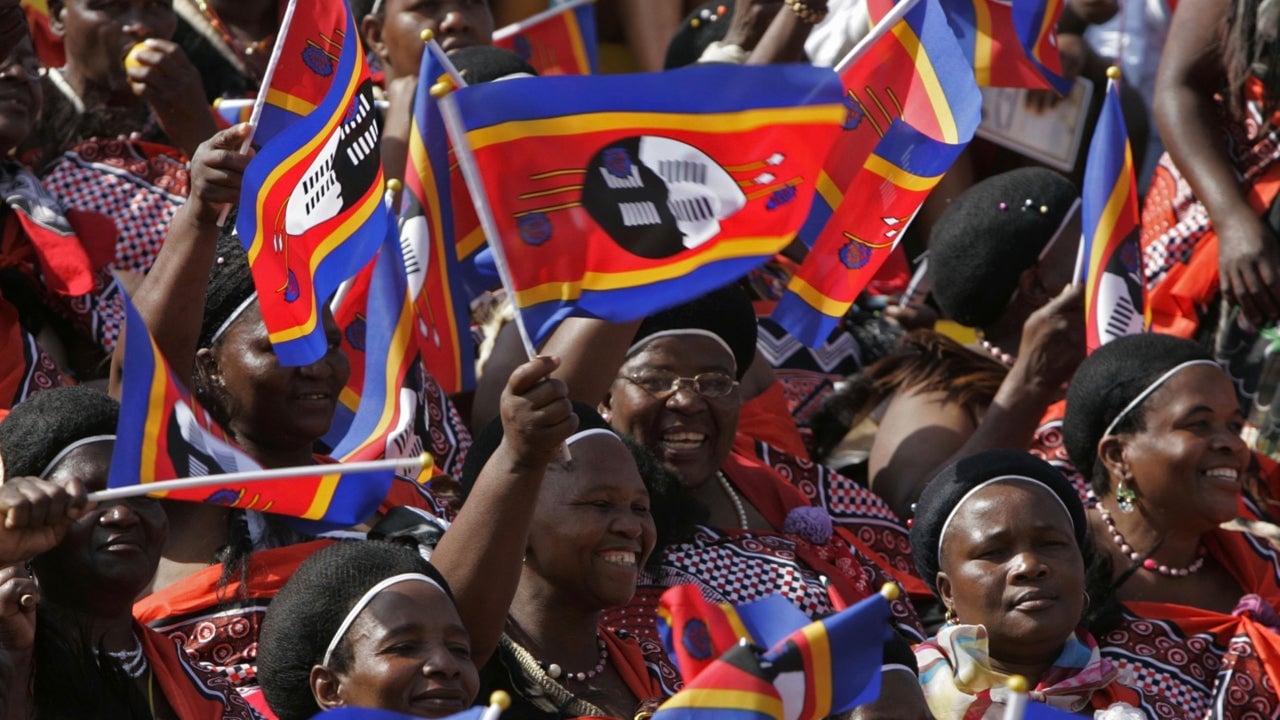eSwatini—or is it Swaziland?— is finding out how hard it is to rebrand a country
To rebrand an entire country takes more than an announcement and some applause, as eSwatini—or is it still Swaziland?—is finding out.


To rebrand an entire country takes more than an announcement and some applause, as eSwatini—or is it still Swaziland?—is finding out.
King Mswati III announced on April 19 that Swaziland would now be known as eSwatini. The name-change was driven by a desire to fully break from the country’s colonial past, while ending international confusion between Swaziland and Switzerland, the king said. The change was part of the country’s celebrations of fifty years of independence, which coincided with the king’s 50th birthday, where the name-change was welcomed.
After the celebrations, however, change has been slow. In Swaziland/eSwatini’s administrative capital Mbabane, government buildings and the central bank all still bear the old name months after the king’s announcement, as does the money in circulation. On entering the country, the street signs and border posts also haven’t been updated.
The country’s tourism body still touts the attractions of The Kingdom of Swaziland. The “About Us” page on the government’s website still uses Swaziland, but press releases refer to eSwatini. In order to save costs, Swazi officials say the rebranding will happen slowly over time, to mitigate costs and to avoid tossing out stationary with the old-letter head.
“The paperwork, the website, signage on government properties, government agencies—there’s a huge, huge expenditure here and one’s got to ask right at the beginning is this really necessary,” Jeremy Sampson, executive director for Africa at marketing firm Brand Finance, told BBC Capital.
Intellectual property lawyer Darren Olivier did the math on his blog Afro-IP. Treating the renaming as a rebranding exercise, Olivier calculated that it would cost about $6 million to rebrand Swaziland—a costly exercise in a country with a GDPof $4.4 billion last year and nearly two thirds of the population (pdf)live below the poverty line. (Olivier’s calculation is based on 2016 GDP).
I estimate the rebranding expense to be $6million (based on Swaziland taxable and non taxable revenue of 26%of annual GDP at $3.9 billion, and typical rebranding budgets at 10% of marketing budgets, which are typically 6% of revenue).
Olivier’s calculation excludes any legal cost, which the king will now have to factor in too. Last week, human rights activist Thulani Maseko approached the country’s courts to stop the name change. Arguing that the change was not only a waste of money in a country that had far more pressing social needs, Maseko contended that the change was unconstitutional.
“What law did he use when he changed the name of the country?…The name of the country is spelled out in the constitution and the constitution is the supreme law,” Maseko told AFP. “Let us ask ourselves if the king can single handedly amend the constitution by legal notice.”
The king made the decision unilaterally, without consulting the roughly 1.5 million citizens, which critics say is indicative of the country’s authoritarianism as Africa’s last absolute monarchy.
“The king only reinstated the official name of the country, that’s all,” said government spokesman Percy Simelane. “He didn’t need to consult to do just that.”